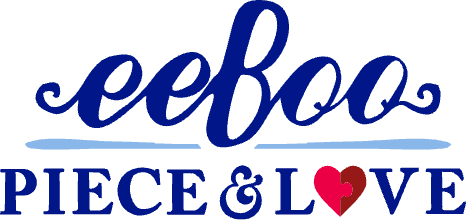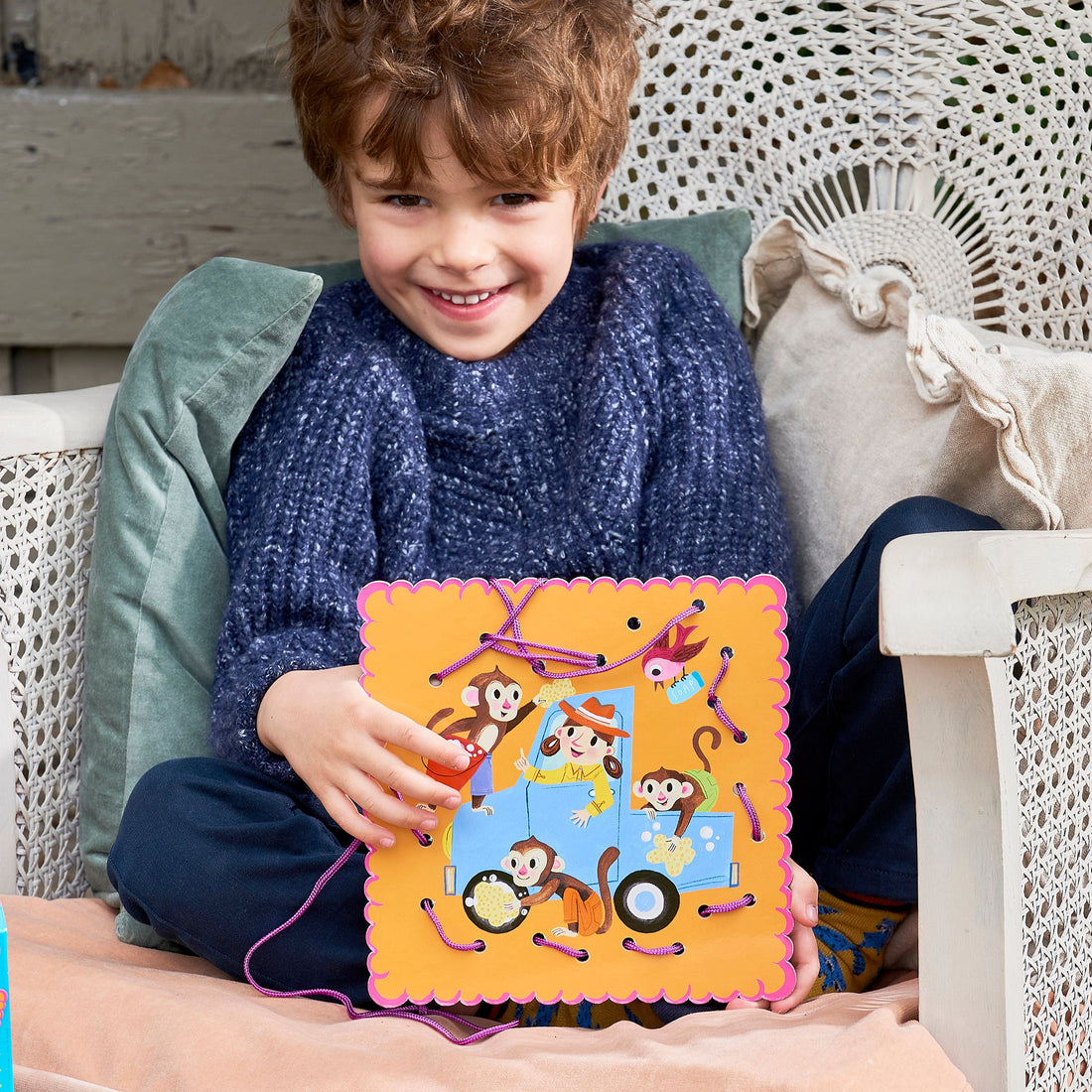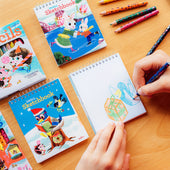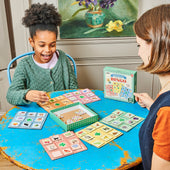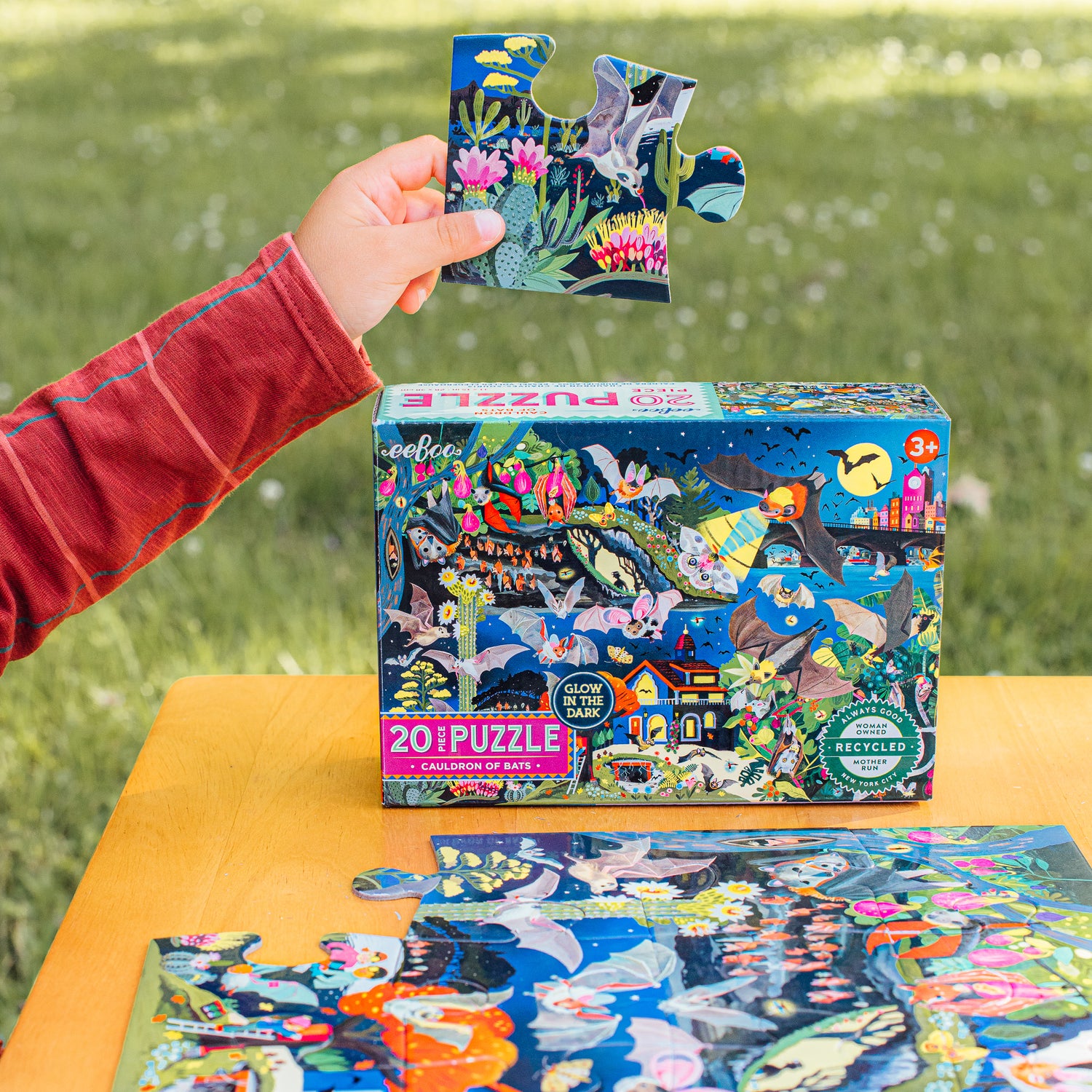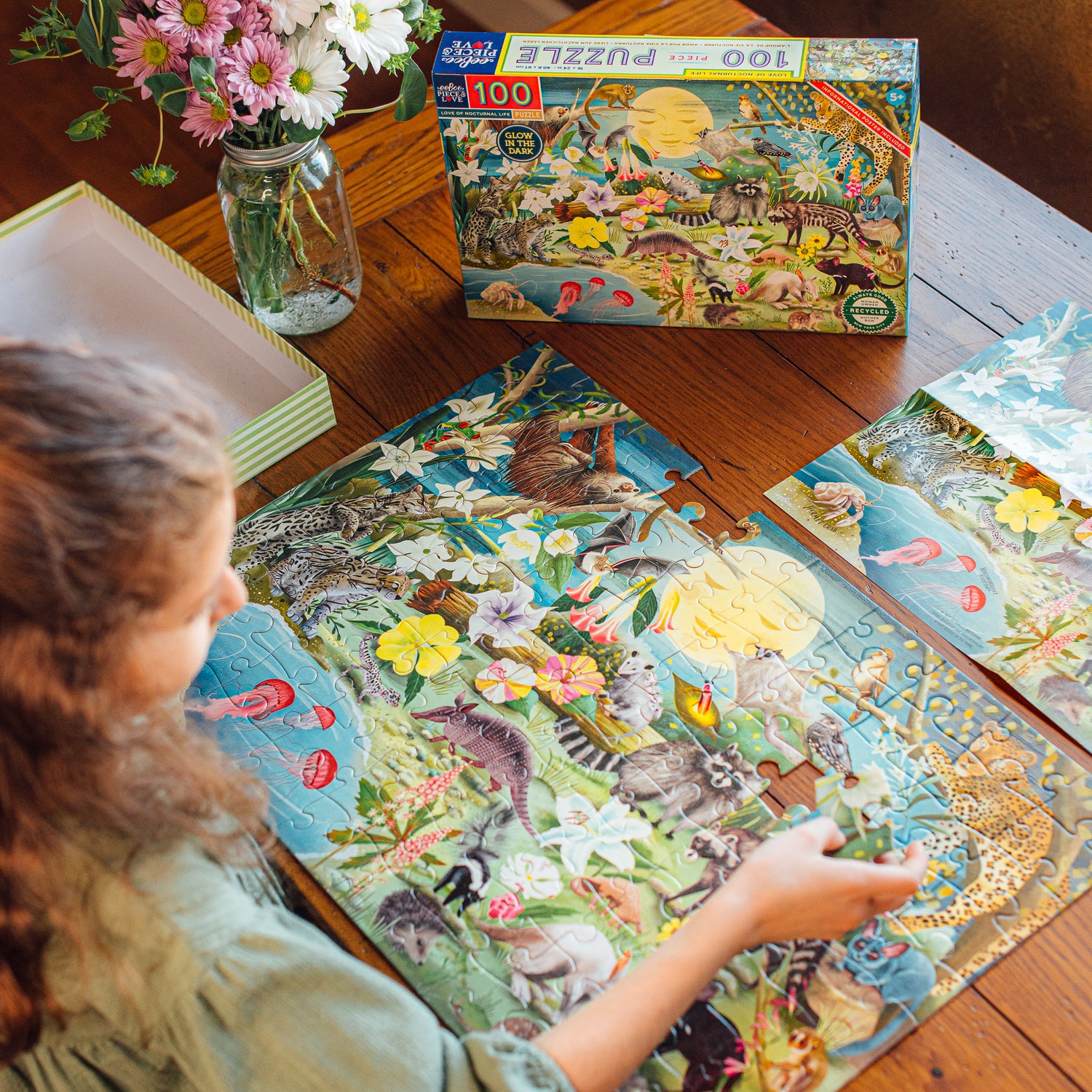Montessori toys are designed to encourage hands-on learning, independence, problem-solving, and creativity. They are often made from natural materials, such as wood, and are simple in design to allow children to focus on developing specific skills. Here are some common types of Montessori toys:
1. Practical Life Toys
These toys help children develop fine motor skills, coordination, and independence by mimicking real-life tasks.
- Pouring sets: Pitchers and bowls for transferring liquids or solids.
- Lacing cards: Toys that teach children how to button, zip, lace, or buckle clothing.
- Cleaning sets: Small brooms, mops, dustpans, and cloths to help children clean their environment.
2. Sensorial Toys
Montessori sensorial toys help children refine their five senses, which is key to their cognitive development.
- Knobbed cylinders: Blocks with knobs that fit into corresponding holes, helping with visual discrimination and fine motor skills.
- Block tower: A set of ten cubes in graduated sizes that help children understand size, weight, and volume.
- Color Wheel: Wooden or paper tablets used to teach color differentiation and matching.
- Sound cylinders: Cylinders filled with different materials that produce various sounds, helping children refine their auditory senses.
3. Language Toys
Language materials in Montessori classrooms focus on developing communication skills and literacy.
- Sandpaper letters: Tactile letters that children can trace with their fingers to learn letter shapes and sounds.
- Moveable alphabet: A box of wooden letters that children use to create words, helping with early reading and writing.
- Object and word matching sets: Small objects paired with cards that have written words, encouraging language and vocabulary development.
4. Mathematics Toys
Montessori math toys introduce children to abstract mathematical concepts through hands-on exploration.
- Number rods: Wooden rods of varying lengths that help children understand the concept of quantity and numerical order.
- Bead chains: Color-coded bead chains used to teach counting, addition, subtraction, multiplication, and more.
- Spindle boxes: A box with compartments for each number (1-10) and spindles, teaching the concept of zero and numerical quantities.
5. Cultural and Science Toys
These toys introduce children to geography, biology, and cultural studies.
- Puzzle maps: Maps with removable continent and country pieces, teaching geography.
- Botany puzzles: Puzzles that introduce children to the parts of plants, trees, and flowers.
- Animal figurines: Small models of animals from different regions, helping children learn about biodiversity and habitats.
6. Gross Motor Toys
Montessori also encourages physical development through toys that promote movement.
- Balance boards: These help children develop balance, coordination, and spatial awareness.
- Climbing frames: Simple, wooden climbing structures that encourage physical activity and risk-taking in a safe environment.
- Rockers or swings: Toys that help children develop their sense of balance and rhythm.
7. Art and Music Toys
Art and music toys encourage creativity, self-expression, and fine motor skills.
- Musical instruments: Simple instruments like xylophones, bells, or drums that children can use to explore sound and rhythm.
- Clay and modeling materials: Non-toxic clay or dough for sculpting and creating shapes.
- Painting and drawing materials: Simple art supplies such as crayons, watercolors, and chalk for creative expression.
8. Nature-Based Toys
Montessori promotes a connection to nature, and many toys reflect this.
- Gardening tools: Child-sized tools like shovels, rakes, and watering cans that allow children to participate in gardening.
- Nature collections: Sets of natural objects like rocks, leaves, or shells for children to explore and classify.
These toys align with Montessori's philosophy of fostering independence, sensory learning, and real-world connections. Each type of toy is meant to support a specific aspect of a child's development, allowing for self-directed learning and exploration.
